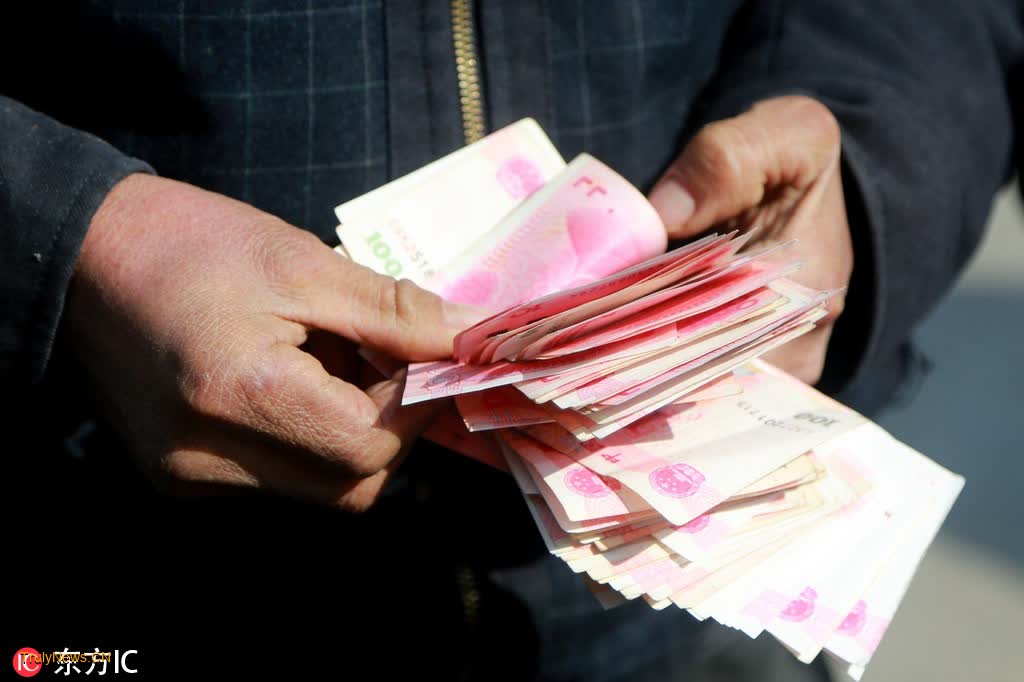
The central departments have recently urged local governments to tackle unpaid wage issues for migrant workers.
The total number of migrant workers in China reached 300 million in 2023.
However, migrant workers suffer the most from wage defaults by employers. Improving the rights and interests of migrant workers has a bearing on the stability of the country’s urban and rural labor market, its sustainable economic and social development, social fairness and justice, and people’s sense of gain, happiness and security.
The top authorities attach great importance to improving the long-term mechanism for eradicating wage defaults, and a series of special regulations have been formulated to protect the wage rights and interests of migrant workers. However, the phenomenon of unpaid wages always exists to varying degrees across the country.
A “campaign-style” law enforcement endeavor from the top can help some migrant workers retrieve unpaid wages, but it cannot fundamentally solve the institutional barriers that led to the problem.
The country still needs to continuously refine the system design to minimize the space for employers to default on wages, and establish a transparent and simple channel so that migrant workers can use legal means to defend their rights and interests.